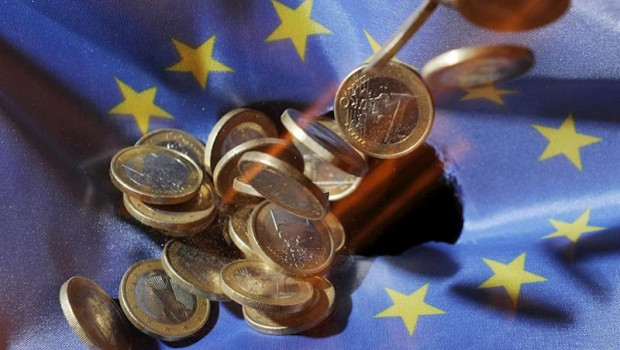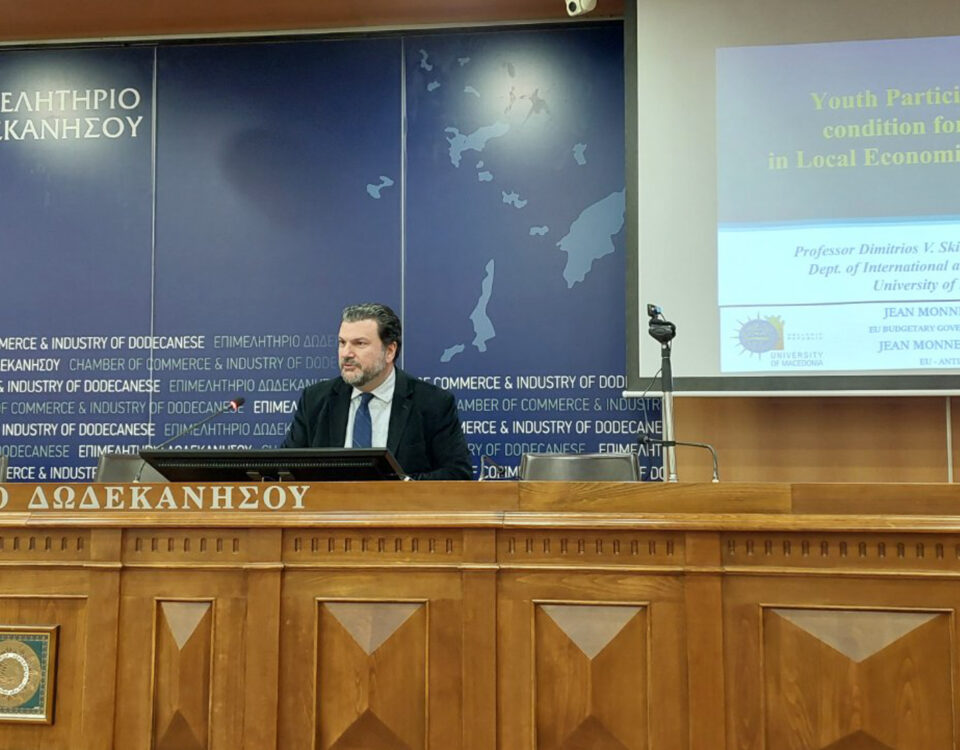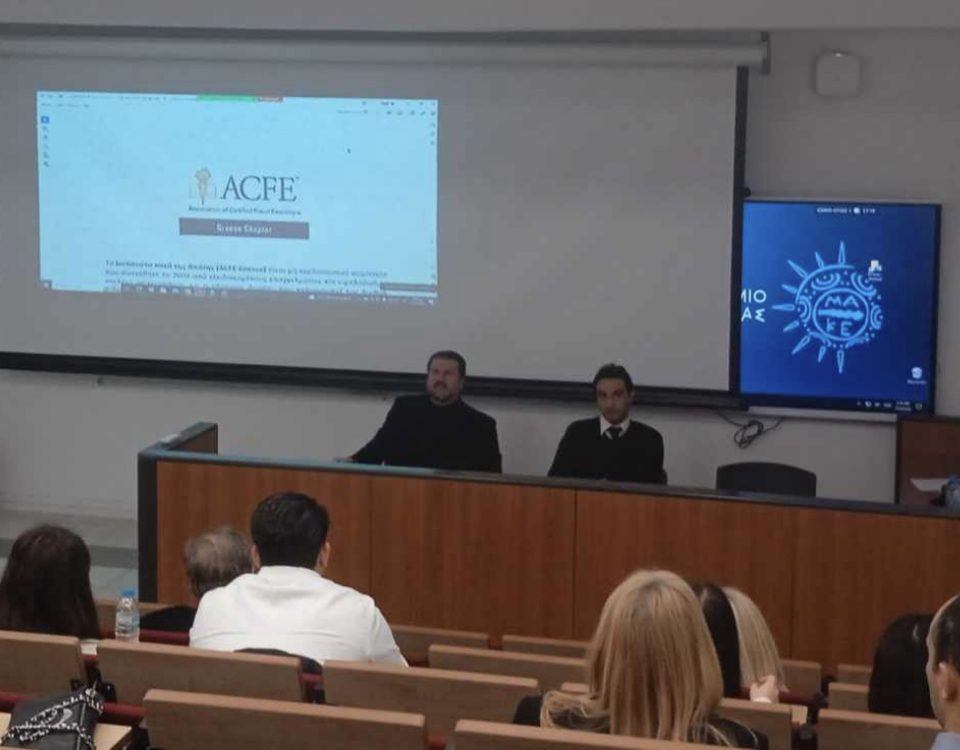The second quarter of 2022 was characterized by the escalation of conflict in Ukraine, following the Russian invasion last February, and the impact this situation has had on the global economy. Russia, reacting to the successive “packages” of economic sanctions imposed on it by the West (USA, EU), took advantage of the EU’s increased dependence on Russian energy resources (natural gas, oil) and almost completely limited its energy supply to the EU while putting forward trade demands that would allow it to reduce the impact of sanctions. Therefore, the focus of the Newsletter’s current issue is on relevant topics. First, in Opinion 03/2022 (submitted pursuant to Article 322(2) TFEU) on the Commission’s proposal for a Council Regulation on the methods and procedure for the allocation of own resources, the Commission proposed the introduction of three new categories of own resources gradually from 2023: the first would be based on the revised EU Emissions Trading System, the second on the Carbon Border Adjustment Mechanism, and the third on the share of the residual profits of the largest and most profitable multinationals businesses distributed across the Member States. Furthermore, as demonstrated in Opinion 04/2022 on the proposal for a regulation of the European Parliament and of the Council, the Commission presented the REPowerEU project. It is a roadmap for achieving a more resilient energy system and a true Energy Union, ending the EU’s dependence on fossil fuels and accelerating its transition to clean energy. The ECA’s Special Report 11/2022, Protecting the EU budget – Blacklisting needs better enforcement, focuses on verifying the effective use of the blocking system as a means of protecting EU funds from untrustworthy counterparties. As for the response to fraud in Common Agricultural Policy, after examining whether the Commission took appropriate measures to combat fraud in the context of the execution of CAP expenditure by assessing the fraud risks inherent in CAP aid schemes and whether it identified and responded appropriately to the risks of fraud at the expense of CAP expenditure, the ECA’s Special Report 14/2022 found that the Commission responded to incidents of fraud during the execution of CAP expenditure, without however being sufficiently proactive (active) in terms of dealing with the impact of the risk of land grabbing on CAP aid, monitoring the measures of Member States to fight fraud and exploit the possibilities offered by new technologies. Finally, with regard to the Chair’s activities, a lecture series was organized. It included a) a lecture given by Dr. Nikos Milionis, member of the European Court of Auditors and Vice-President of the Hellenic Court of Auditors, on “The protection of the financial interests of the EU and the role of the European Court of Auditors”, b) a lecture given by Dr. Anna Damaskou, CFE, CAMS, CGSS, CIPP/E, CIPM, former President of the Hellenic Branch of Transparency International, on “The Legal Protection of Whistleblowers in Greece and the European Union”, c) a lecture given by Mrs. Mara Brugia, Deputy Director of CEDEFOP (European Center for the Development of Vocational Training) based in Thessaloniki, on the topic “CEDEFOP’s strategy for fighting fraud”. Also on 6.7.2022, a group of students from the Department of International and European Studies of the University of Macedonia (undergraduate and postgraduate level) visited the European Center for the Development of Vocational Training (CEDEFOP), accompanied by Professor Mr. Dimitris Skiadas, Holder/Scientific Director of the Jean Chair Monnet “EU Fiscal Governance and Control” and Assistant Professor Ms. Sofia Boutsiouki.
Read More in Newsletter August 2022




